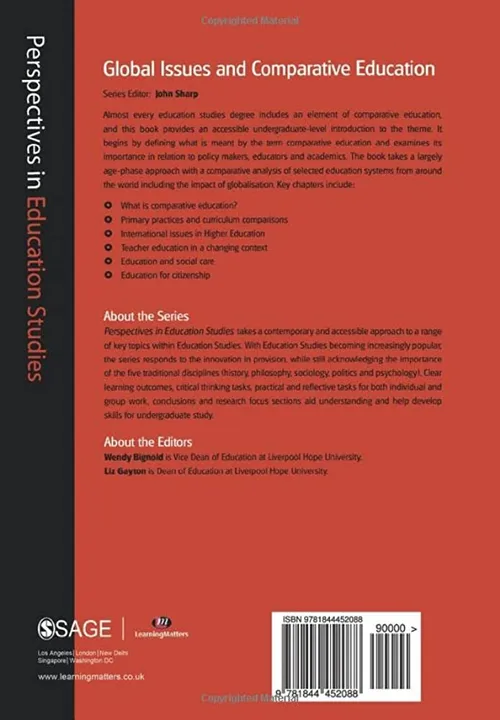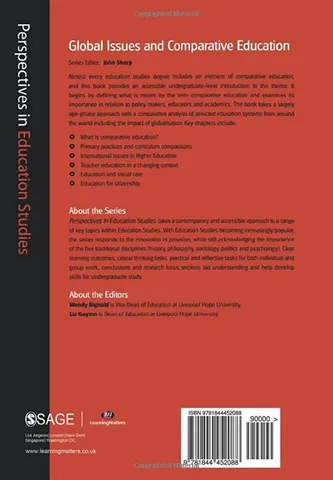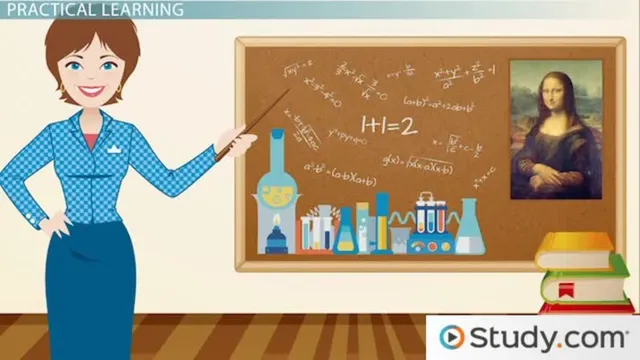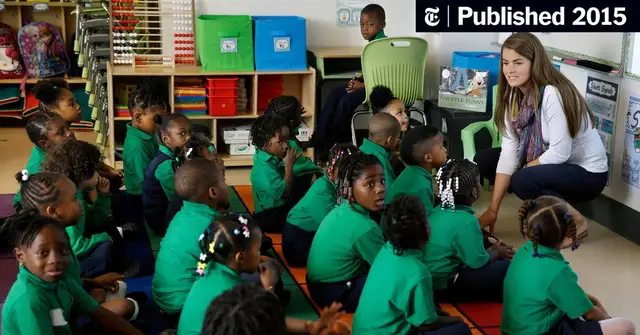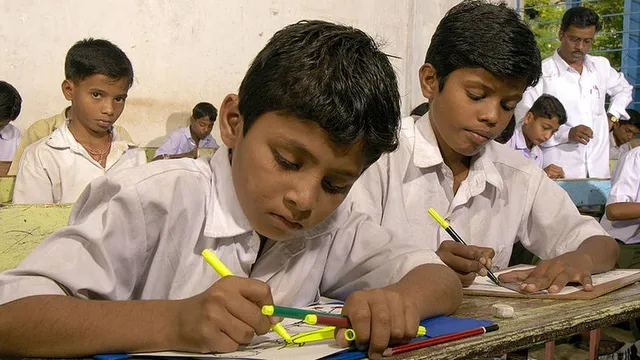Understanding Comparative Education
As an educator, I have always been fascinated by the various approaches to teaching and learning adopted by different countries around the world. This curiosity led me to delve into the field of comparative education, which, in a nutshell, is the study of different education systems with the aim of understanding their similarities and differences. In this article, I will be discussing the importance of studying comparative education and how it can enrich our understanding of the global education landscape.
Uncovering Best Practices in Education
One of the main reasons why I find comparative education so important is that it allows us to identify best practices in education from around the world. By examining different education systems, we can learn from the successes and failures of other countries and apply these lessons to our own context. This can lead to improvements in teaching methodologies, curriculum design, assessment strategies, and overall educational policy.
Fostering Global Collaboration and Exchange
Studying comparative education encourages collaboration and exchange between educators and policymakers from different countries. This can lead to the sharing of ideas, resources, and expertise, ultimately benefiting students and educators alike. By engaging in dialogue with our international counterparts, we can gain valuable insights into the various challenges faced by education systems around the world and work together to develop innovative solutions.
Promoting Cultural Understanding
Another important aspect of comparative education is its role in promoting cultural understanding. As we study different education systems, we also learn about the historical, social, and cultural contexts in which they operate. This knowledge helps us to appreciate the diversity of educational practices and fosters a greater sense of empathy and understanding for other cultures. This is particularly important in today's increasingly interconnected world, where educators must be prepared to work with students from diverse cultural backgrounds.
Addressing Global Education Issues
Many of the challenges faced by education systems around the world are not unique to a single country or region. Issues such as access to quality education, gender inequality, and the impact of technology on learning are global concerns that require collective action. Comparative education provides a framework for understanding these issues and identifying potential solutions that can be applied across different contexts. By studying comparative education, we can contribute to the global effort to address these challenges and improve education for all.
Informing Educational Policy and Reform
Comparative education research can play a crucial role in informing educational policy and reform efforts. By examining the successes and failures of other education systems, policymakers can make more informed decisions about what might work best in their own context. This evidence-based approach to policy-making can lead to more effective and sustainable improvements in education.
Preparing Educators for a Globalized World
In today's globalized world, educators must be prepared to teach students from diverse cultural backgrounds and adapt to new teaching methods and technologies. Studying comparative education can help educators develop the skills and knowledge necessary to succeed in this dynamic environment. By understanding the various approaches to teaching and learning used around the world, educators can become more flexible and adaptable in their own practice.
Enhancing Professional Development Opportunities
Finally, studying comparative education can provide valuable professional development opportunities for educators. Engaging in comparative education research, attending international conferences, and participating in exchange programs can all contribute to the professional growth of educators. These experiences not only enhance educators' knowledge and skills but also help to expand their professional networks, opening up new opportunities for collaboration and career advancement.
In conclusion, the study of comparative education is of great importance for educators, policymakers, and researchers alike. By examining different education systems, we can uncover best practices, foster global collaboration, promote cultural understanding, address global education issues, inform policy and reform efforts, prepare educators for a globalized world, and enhance professional development opportunities. As we continue to explore the rich diversity of educational practices around the world, we can work towards creating more effective and equitable education systems for all.
